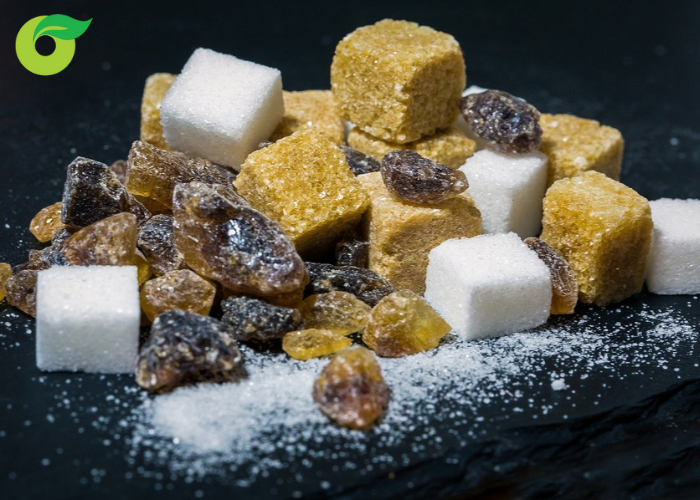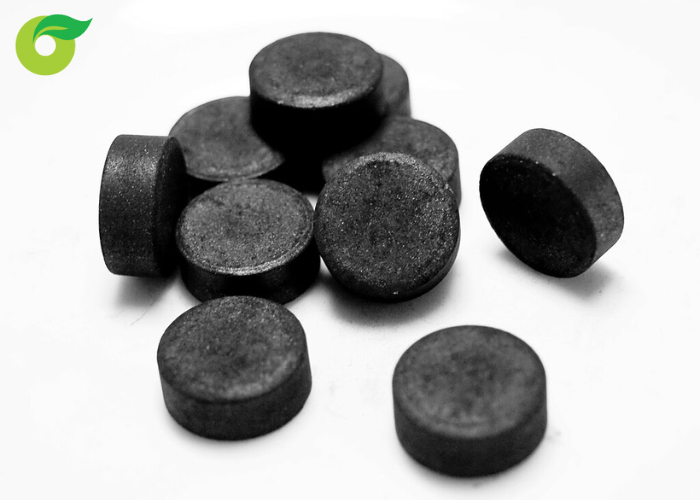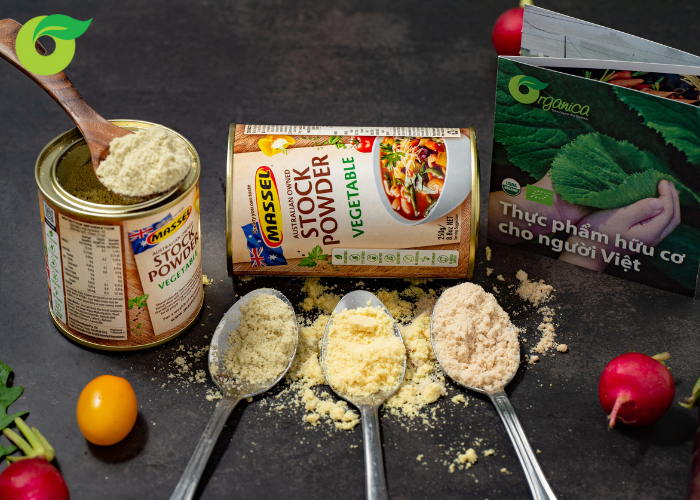

Dominic Smith awoke on May 22, 1992, as normal, and drank a glass of water from the village community well the day before. He vomited moments afterwards.
Smith continued to drink water to maintain the amount of water in his body until he ran out of strength and had to lie down on the bed. Some of his children were vomiting by the afternoon.
Smith drank four additional glasses of water that night and was so weak, according to his wife, that he couldn't move. The next morning, Smith's wife found him dead in bed at the age of 41.
Dominic Smith's 37-year-old sister was also hospitalized.
Later accounts verified that practically everyone in Hooper Bay (Alaska) who drank water from the village's antique well on May 21 or 22 became ill. Nausea, diarrhea, vomiting, numbness and tingling in the face and hands are among the symptoms. It is expected that 261 villagers experienced these symptoms.
The Hooper Bay incident is thought to be the greatest known fluoride poisoning outbreak. Despite the fact that this was an isolated incidence, a sequence of major errors ranging from failing pumps to barely functional municipal governments - resulted in fluoridation at over 40 times the federal government's safe level. However, it has been warned that adding fluoride in drinking water to prevent tooth decay is useless and detrimental to human health. As a result, individuals in many nations have had to devise methods to remove this material from water.
Millions of people worldwide are suffering from or are at risk of developing health problems as a result of elevated fluoride levels in drinking water sources. The EPA and the Water Quality Association advocate three ways for eliminating fluoride from drinking water: bone char, activated alumina, and RO systems.
Using bone char to remove fluoride is an environmentally friendly and cost-effective method. Bone char had previously been utilized in the United States and is currently used to defluoride water in some impoverished countries (including Thailand, Sri Lanka, and some African countries).

Bone charcoal is manufactured from animal bones burned to 700 degrees Celsius under low oxygen circumstances, which helps to improve the product's adsorption capability.
Dr. Richard Sauerheber, a chemical professor at the University of California, has studied the fluoride problem closely and feels that bone charcoal filters are the most effective.
Removing fluoride from your drinking water can also improve your health because filtering can remove other harmful contaminants. Activated carbon filtration methods, according to the Natural Resources Defense Council, can remove chlorine, disinfection products, and heavy metals in water (such as arsenic, cadmium, copper, iron, lead, mercury, and zinc), parasites, pesticides, radon, and volatile organic chemicals such as dichlorobenzene, methyl tert butyl ether, and trichoroethylene.
When compared to other waste adsorbents such as aluminum oxide-modified wood charcoal and activated alumina, bone char is regarded as having a lower negative impact on the environment and human health. As a byproduct of the meat industry, the ability to renew bone char is appealing, and it makes charcoal a promising green adsorbent for water defluoridation.
In addition to eliminating fluoride from water, bone char is used to remove color in the sugar industry. It is easy to understand that the sugarcane juice solution contains a lot of contaminants and colors. Colorants will adhere to the bone charcoal particles when bone charcoal is applied. The filtered sugar water flows out of the filter and condenses to form clean sugar
Because Vietnamese people enjoy eating bones, very few people in Vietnam are aware of bone char and its applications in the sugar industry and water filtering.
However, the meat industry generates millions of tons of bone waste each year around the world. According to the Organization for Economic Cooperation and Development (OECD), meat production will increase by 40 million tons over the next ten years. As a result, there will be a huge rise in worldwide meat and bone meal waste.
However, because it is derived from animal bones, charcoal created from cow bones is not acceptable by Hindus, charcoal made from pig bones is not recognized by Muslims, and vegetarians refuse to use anything containing these materials. As a result, products that employ bone charcoal to filter present issues for vegetarians and adherents of other religions, despite the fact that bone charcoal is merely a filtering agent and does not penetrate the product's constituents (such as water or sugar). As a result, there has recently been a heated online controversy concerning why bottled water also meets HALAL criteria. Or, in the case of Vegan Massel Stock Powder (Australia), some producers openly mention that the components contain sugar that has not been bleached with bone charcoal.

Vegan Massel Stock Powder (Australia)
Especially, Organica provides Massel products which has been proved to be completely safe for health by:
- Plant-based
- Made using organic ingredients
- Certified low fodmap
- No added MSG
- Trans fat free
- Dairy free
- Gluten free
- Free from common allergens
- Suitable for vegan diets
- Non GMO
Avoid using refined sugar derived from bone char in particular.